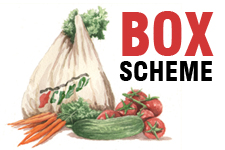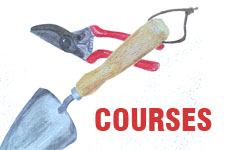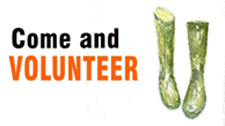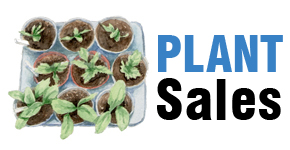OrganicLea has its roots working with people in small green spaces across Waltham Forest, and we continue to work ‘out and about’ in the borough and beyond, as well as at our Hawkwood market garden site. As much of our work in communities normally involves working with groups of people, the COVID-19 restrictions on people gathering meant that our work had to shift.
Sessions in primary, secondary and SEN schools were stopped as schools shut, groups with the Dementia Hub in Leyton and at care homes around the borough paused, and our work with residents on food growing projects on housing estates and community growing sites adjusted as we navigated our way through lockdown.
Whilst we couldn’t go out and meet groups any more, we quickly realised that one we thing had in abundance was plants. After many emails, we found that there were lots of people shielding or isolating who would appreciate plants to tend and learn with. We began distributing plants to residents across Waltham Forest – to the council’s sheltered housing schemes to support social connection; to housing estates; and community growing sites that we were already working with; to care homes; and to a food bank. So far we’ve distributed over 1,000 plants to over 250 people across Waltham Forest.
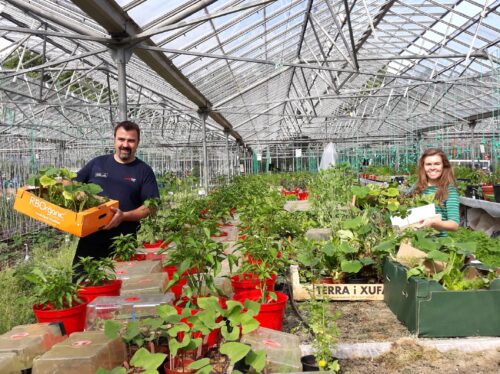
Whilst schools have been closed, the Young People’s team have been busy tending school food growing sites to keep them functioning until students return again. New growing sites have been created ready for the school year to begin again.
Connections have been made between families accessing free school meals and food distribution. In partnership with the Hornbeam Centre in Walthamstow, food hubs are being created around the borough. Covid-19 has highlighted how the current supermarket-driven just-in-time food system doesn’t work for people. Mutual Aid groups, community organisations and schools invested in the health of their now-at-home students and families reached out to the Hornbeam and OrganicLea to request support and food. Out of these grassroots groups working to ensure everyone in their communities was well fed and nourished, emerged the idea to support the creation and consolidation of food ‘hubs’ – where people can access food that would otherwise be wasted, get nutritious locally made meals, and learn the skills needed to grow their own food and tend green spaces in their neighbourhoods.
Lockdown also brought new challenges to those of used to working with the soil and people face to face – how to support people to get the practical knowledge and wellbeing benefits of food growing, whilst not being able to be together or meet in growing spaces. Like many others we turned to Zoom – and throughout lockdown have been teaching online food growing courses. We’ve been supporting people to get growing on council allotments; and have delivered online accredited courses, free for those who are unemployed or on certain benefits. We’re soon to start more online sessions – starting with a group of older residents – to grow salads and herbs on their windowsills, and to connect with the joy and calm of nurturing green shoots.
For many, we know, the pandemic has been detrimental to wellbeing and being cut off from the usual connections with people and routines has been difficult. We are looking forward to being able to gather more people together again in person, while continuing to provide support from a distance. Due to demand from participants referred to us through local health and wellbeing partnerships, we’re also starting ‘Ways Into Wellness’ courses at our Hawkwood site, working with the healing powers of the land and plants to support people back into wellbeing.
If there’s one thing that this experience has taught us, it’s that the connection between plants and people is strong and growing and that getting outdoors to garden and grow food is as important as ever.


